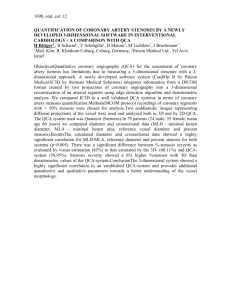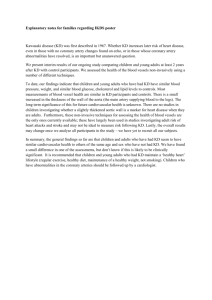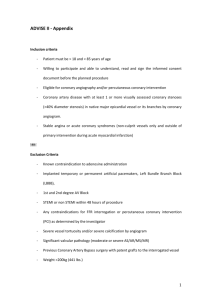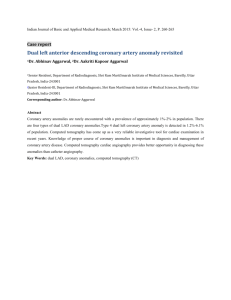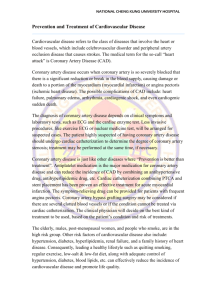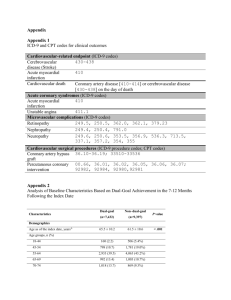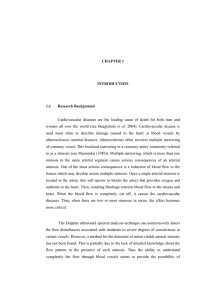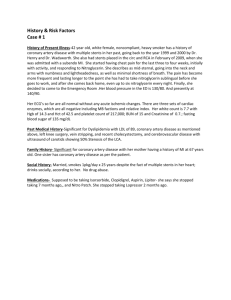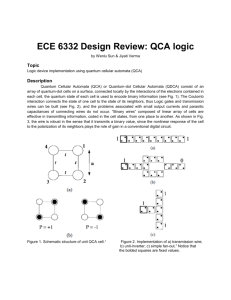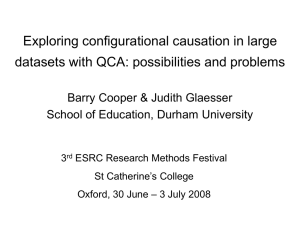clinical validation of a new 3-dimensional
advertisement
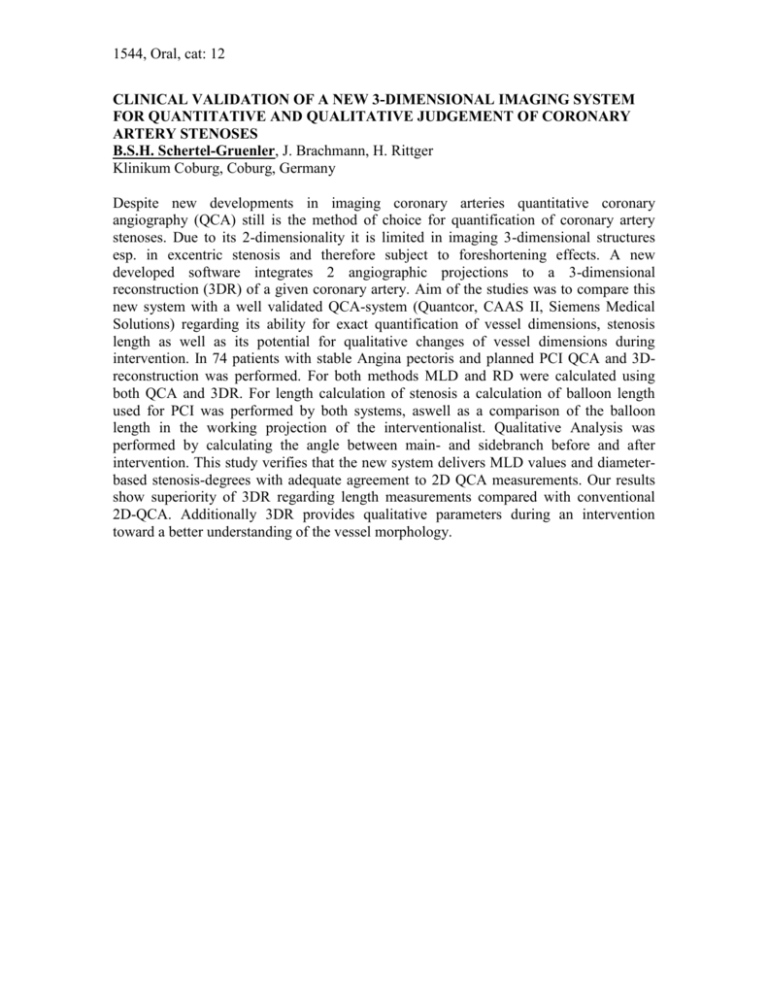
1544, Oral, cat: 12 CLINICAL VALIDATION OF A NEW 3-DIMENSIONAL IMAGING SYSTEM FOR QUANTITATIVE AND QUALITATIVE JUDGEMENT OF CORONARY ARTERY STENOSES B.S.H. Schertel-Gruenler, J. Brachmann, H. Rittger Klinikum Coburg, Coburg, Germany Despite new developments in imaging coronary arteries quantitative coronary angiography (QCA) still is the method of choice for quantification of coronary artery stenoses. Due to its 2-dimensionality it is limited in imaging 3-dimensional structures esp. in excentric stenosis and therefore subject to foreshortening effects. A new developed software integrates 2 angiographic projections to a 3-dimensional reconstruction (3DR) of a given coronary artery. Aim of the studies was to compare this new system with a well validated QCA-system (Quantcor, CAAS II, Siemens Medical Solutions) regarding its ability for exact quantification of vessel dimensions, stenosis length as well as its potential for qualitative changes of vessel dimensions during intervention. In 74 patients with stable Angina pectoris and planned PCI QCA and 3Dreconstruction was performed. For both methods MLD and RD were calculated using both QCA and 3DR. For length calculation of stenosis a calculation of balloon length used for PCI was performed by both systems, aswell as a comparison of the balloon length in the working projection of the interventionalist. Qualitative Analysis was performed by calculating the angle between main- and sidebranch before and after intervention. This study verifies that the new system delivers MLD values and diameterbased stenosis-degrees with adequate agreement to 2D QCA measurements. Our results show superiority of 3DR regarding length measurements compared with conventional 2D-QCA. Additionally 3DR provides qualitative parameters during an intervention toward a better understanding of the vessel morphology.
